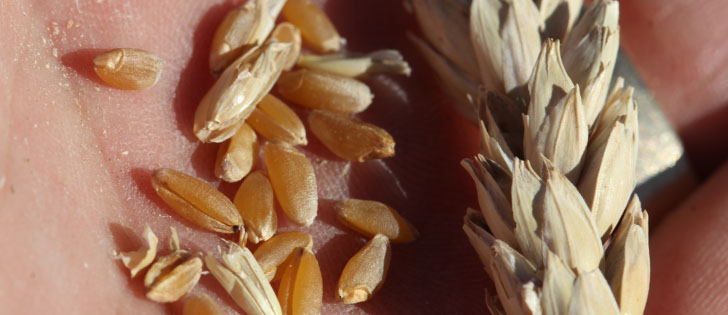The House of Commons is expected to approve in principle a proposal that any new genetically modified variety be subjected to a market impact assessment before being approved.
The proposal comes in private member’s bill C-474 sponsored by New Democrat agriculture critic Alex Atamanenko and debated for the first time March 17.
The bill will have one more hour of debate before a vote, possibly before summer recess in June.
The Conservative minority government fiercely opposes the bill. Liberals argued it is flawed but they will vote to send it to the Commons agriculture committee for study.
Read Also

Organic farmers urged to make better use of trade deals
Organic growers should be singing CUSMA’s praises, according to the Canadian Chamber of Commerce.
New Democrat and Bloc Québécois MPs say they support it, giving the bill enough support to get to committee if all opposition MPs show up to vote.
Atamanenko said approval of new GM varieties that major markets like Europe refuse to accept would hurt Canadian farmers. He cited markets closed to Canadian flax because of the presence of trace amounts of an deregistered GM flax variety, Triffid.
The NDP critic said Canada should follow Argentina’s lead and add a market impact study to the scientific assessment that now governs GM variety approvals. Introduction of GM alfalfa or wheat could close international markets and ruin the ability of organic alfalfa and wheat producers to export, he argued.
“We need to have a very close, objective look at what the market reality is for Canadian farmers,” said the British Columbia MP. “The reality in the world today is an unending controversy over (genetic engineering) that is impacting our export markets.”
Conservatives reacted furiously, insisting the bill would undermine Canada’s argument that foreign countries should not use non-scientific political arguments to close markets.
Saskatchewan MP David Anderson said the proposal is anti-farmer and a dangerous departure from science-based variety assessments. He said it is part of the NDP anti-GM agenda.
Anderson also said Atamanenko’s reference to Triffid is a red herring meant to scare farmers.
Liberal Frank Valeriote, representing the Guelph, Ont., riding, spent most of his speech berating the Atamanenko proposal for undermining the scientific standard.
“If enacted as it is currently worded, the bill risks wide-ranging, unintended and undesirable consequences,” he said.
Yet he announced that the Liberals will vote for it so a debate can take place at the agriculture committee.
The proposal for a market impact component to seed variety licensing divided the farm lobby.
The National Farmers Union endorsed the bill.
The Canadian Federation of Agriculture said the bill should be sent to committee for debate.
“The CFA supports government decision making based on the rigorous application of science but also recognizes the volatility that can occur in some markets when political considerations on GM crops are deemed more important than scientific approval,” said president Laurent Pellerin.
Grain Growers of Canada executive director Richard Phillips said the bill should not be supported.
“We believe in the principles of the rigours of sound science and do not want to see that eroded,” he said. “We would not object to the committee having a debate on this but having the Commons approve this bill in principle would give proponents and the idea legitimacy that we don’t think it has.”
After the Commons debate, Canadian Biotechnology Action Network co-ordinator Lucy Sharratt said Anderson was wrong to say the Atamanenko bill would not affect the Triffid issue.
“It was registered and then deregistered so this bill would have forced a consideration of market impact when it was registered,” she said.














